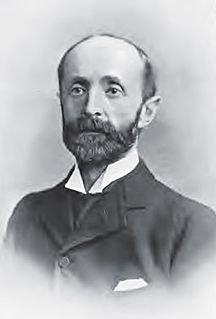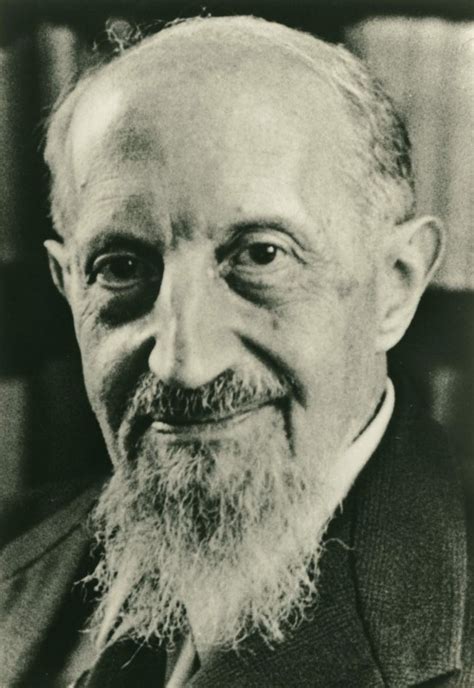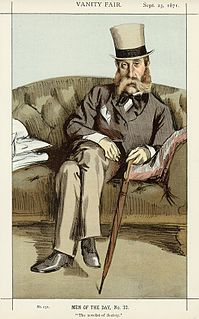A Quote by Samuel Johnson
There is such a difference between the pursuits of men in great cities that one part of the inhabitants lives to little other purpose than to wonder at the rest. Some have hopes and fears, wishes and aversions, which never enter into the thoughts of others, and inquiry is laboriously exerted to gain that which those who possess it are ready to throw away.
Related Quotes
I Have often thought if the minds of men were laid open, we should see but little difference between that of the wise man and that of the fool. There are infinite reveries, numberless extravagances, and a perpetual train of vanities which pass through both. The great difference is, that the first knows how to pick and cull his thoughts for conversation, by suppressing some, and communicating others; whereas the other lets them all indifferently fly out in words.
In cities men cannot be prevented from concerting together, and from awakening a mutual excitement which prompts sudden and passionate resolutions. Cities may be looked upon as large assemblies, of which all the inhabitants are members; their populace exercises a prodigious influence upon the magistrates, and frequently executes its own wishes without their intervention.
Men are apt to mistake, or at least to seem to mistake, their own talents, in hopes, perhaps, of misleading others to allow them that which they are conscious they do not possess. Thus lord Hardwicke valued himself more upon being a great minister of state, which he certainly was not, than upon being a great magistrate, which he certainly was.
Sometimes we are tempted to be that kind of Christian who keeps the Lord’s wounds at arm’s length. Yet Jesus wants us to touch human misery, to touch the suffering flesh of others. He hopes that we will stop looking for those personal or communal niches which shelter us from the maelstrom of human misfortune and instead enter into the reality of other people’s lives and know the power of tenderness. Whenever we do so, our lives become wonderfully complicated and we experience intensely what it is to be a people, to be part of a people.
We are dominated by everything with which our self is identified. We can dominate and control everything from which we disidentify ourselves. The normal mistake we all make is to identify ourselves with some content of consciousness rather than with consciousness itself. Some people get their identity from their feelings, others from their thoughts, others from their social roles. But this identification with a part of the personality destroys the freedom which comes from the experience of the pure “I”.
Most men have a sunny spot to which they look back in their existence, as most have an impossible future, to attain which all their energies are exerted, and their resources employed. The difference between these visionary scenes is this, that they think a good deal of the latter, but talk a good deal of the former.






































